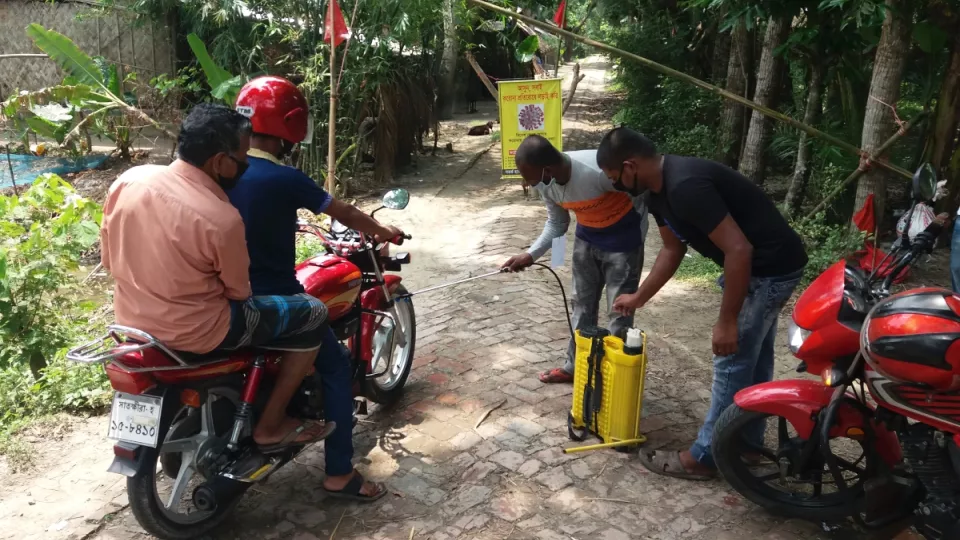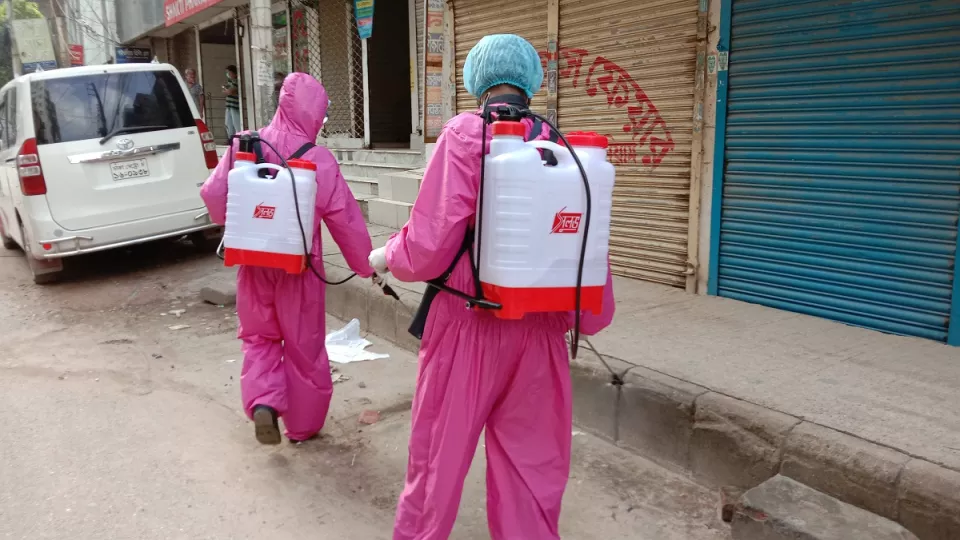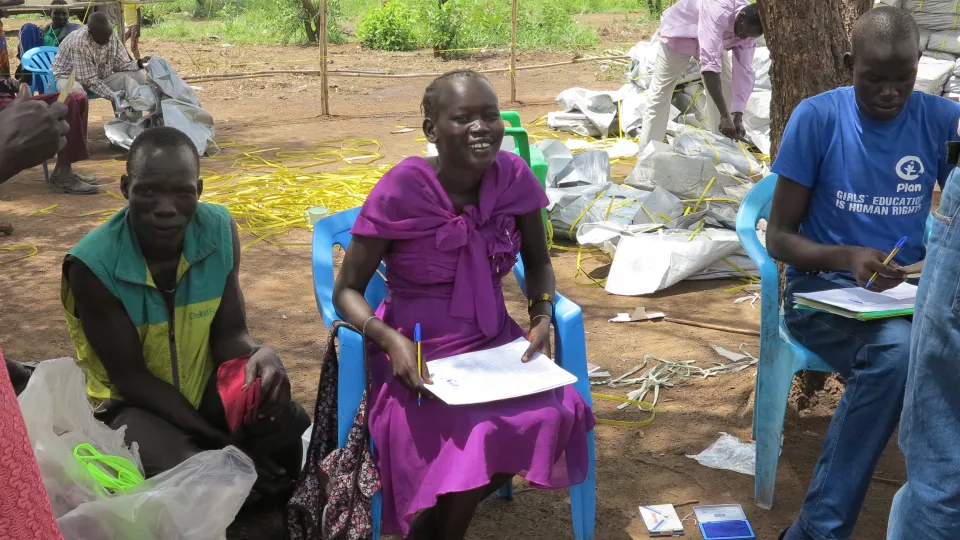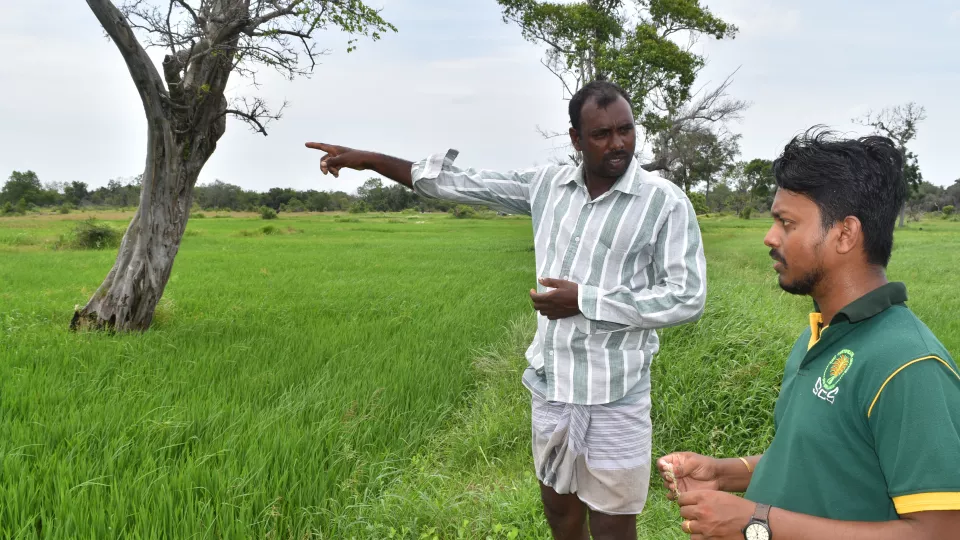
Start Network hubs launch call-to-action to accelerate a lasting step-change
Today Start Network's five hubs have launched a bold paper aimed at catalysing a more local response to the immediate needs of COVID-19 needs and to accelerate a lasting step-change in humanitarian response.







